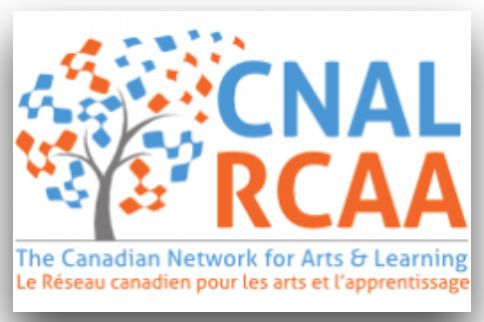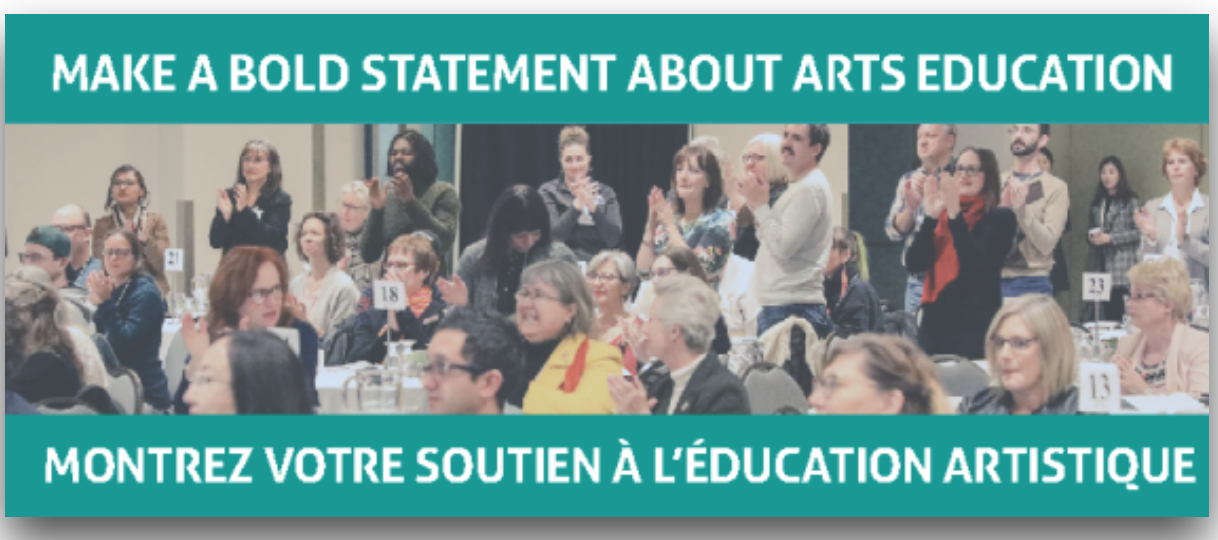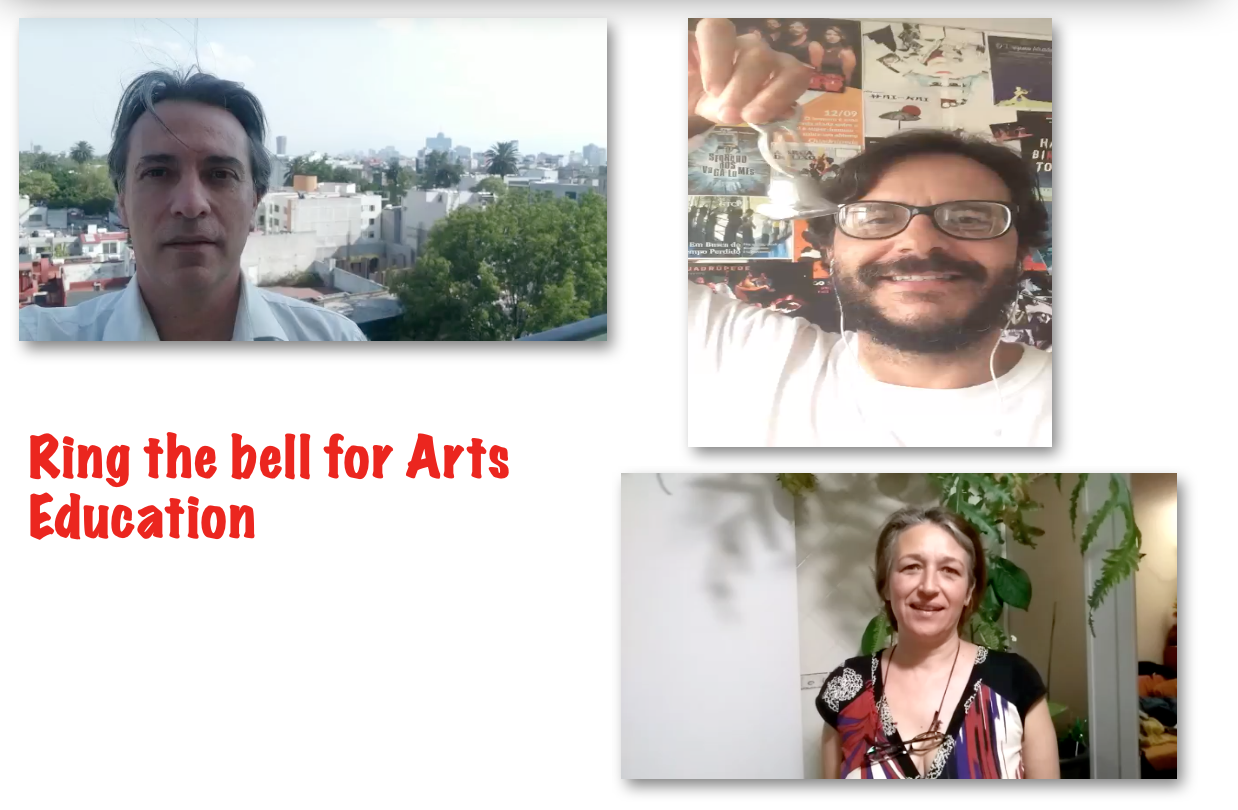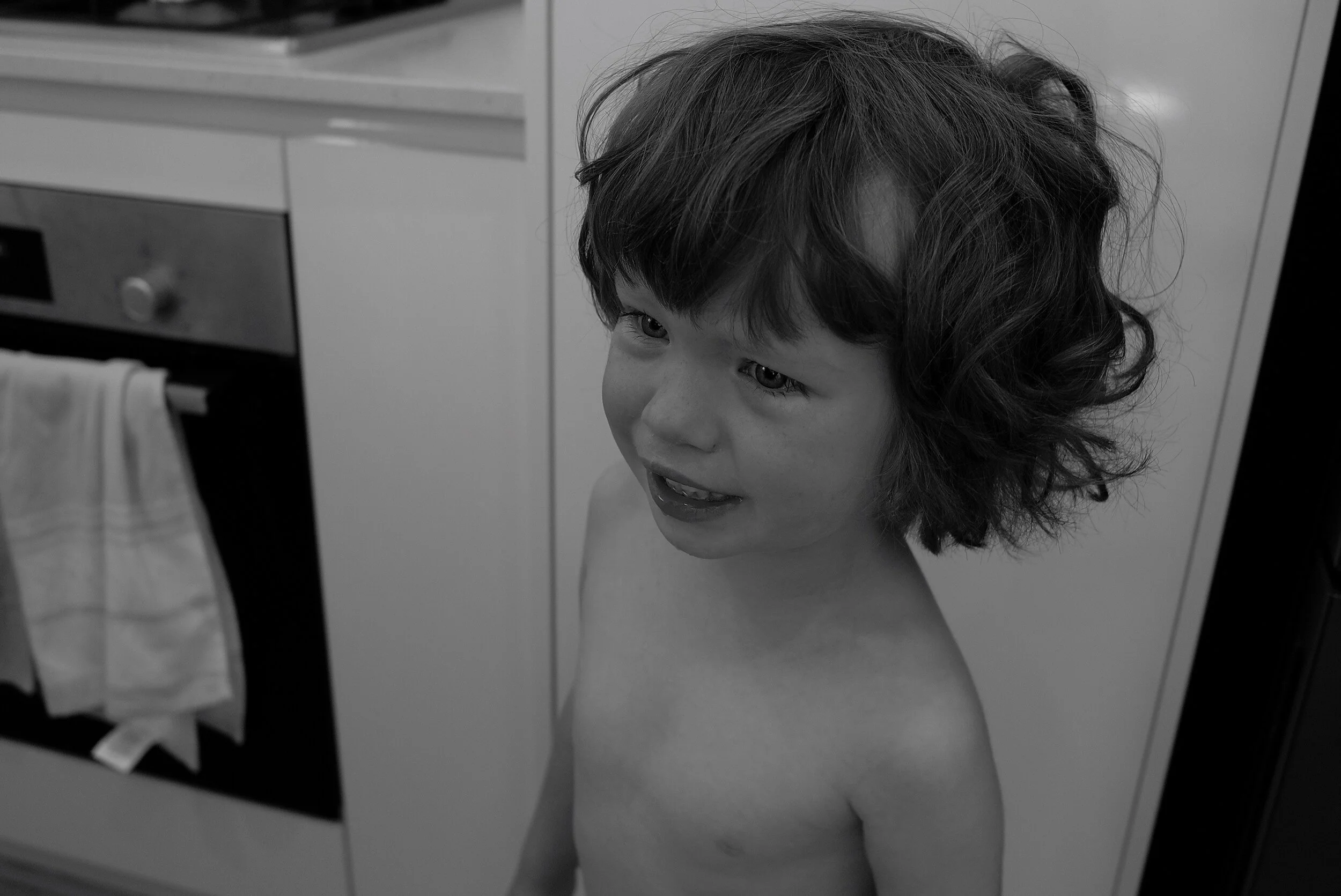Music Monday - Listening
/Today is WA Day; a public holiday in our state to celebrate all things West Australian.
In these pandemic times it certainly feels reassuring to live in a state where the active covid-19 cases today are 28, and of that number, all but 3 are from interstate and overseas.
However, as the world erupts into protests over the USA police killing of George Floyd a week ago, we have a lot less about which to be comfortable and complacent here in Australia.
In Australia 432 indigenous people have died in custody since 1991. A shameful and sobering statistic.
As I drove home this evening after seeing a music theatre student (the student was heading to the Perth Black Lives Matter protest after her singing lesson), I was pondering how I would write a Music Monday post to acknowledge today’s holiday in WA - while my mind was really preoccupied with the situation in the USA.
It set me thinking about the art of listening – one of the most important skills to develop when engaging in any aspect of music.
Throughout history music has been shown to cross cultural and racial divides. Music brings people together. It has the potential to bind, rather than divide, humanity.
From these thoughts as I drove, my mind segued to Western Australian music makers I could recall.
Once I reached the house, and with a little help from google, I came up with this list of some important WA music makers:
Birds of Tokyo (Alternative Rock)
Ross Bolleter (Improvised Music and ruined pianos)
Blackeyed Susans (Rock)
Jimmy Chi (Bran Nue Dae)
Cat Hope (Composter)
Desert Child (Acoustic Duo)
The Dugites (Indie Pop)
Eskimo Joe (Alternative Rock)
Iain Grandage (Composer)
The Jam Tarts (Band)
The John Butler Trio (Bluegrass)
Little Birdy (Indie Rock)
Mucky Duck Bush Band (Folk Music)
The Pigram Brothers (7-piece indigenous band from Broome)
San Cisco (Indie Pop)
Bon Scott (AC/DC)
The Triffids (Rock Alternative / Folk Rock)
Troye Sivan (Pop)
The Waifs (Folk Rock)
George Walley (Noongar song writer)
Dr Richard Walley (Aboriginal performer, musician and song-writer)
Dave Warner (Rock musician)
Gina Williams (Noongar musician, singer and promoter of Language in schools)
Graham Wood (jazz pianist and founder of the Ellington Jazz Club)
Please add to this list.
Please listen to the music of those listed.
As musicians, singers and teachers of music we can never do too much listening.
And what the world needs right now is for people to listen, both to music and to each other.














